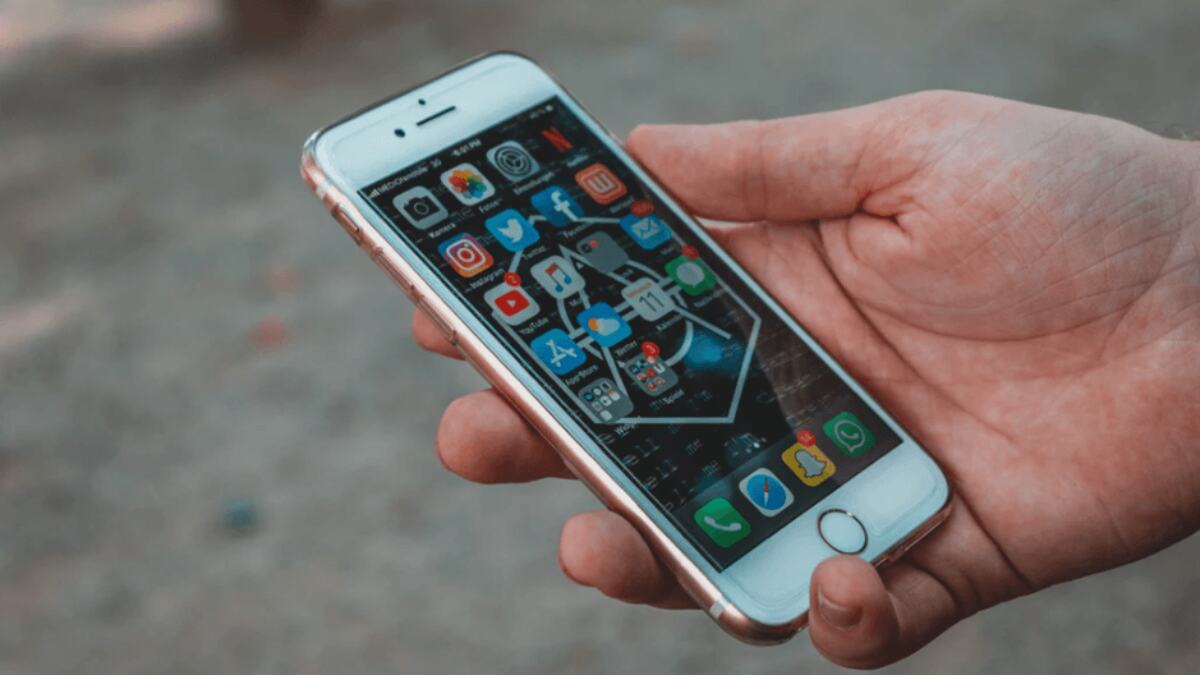Avoiding the honeytrap
People need to behave fearlessly, responsibly and cautiously to avoid being cheated with money or defamed in society by mobile loan app agents

With a mobile loan app, you can become a borrower even without taking a loan! It may sound strange but it's happening today. Criminals are extorting money from people by cheatingly framing them as borrowers, through phone calls or SMS. Such blackmailing is done for a small amount ranging from Rs 2,000 to Rs 5,000, so that financially weak targets yield to the demand rather than complaining to the police.
Loan recovery agents often threaten people by insisting that they've taken a loan and if they don't return money in two-three days' time then their objectionable pictures will be made viral or shared with their relatives. As proof, the fraudsters send morphed photos and videos.
Often, people take out loans by installing applications in their friend's or relative's mobile phones. This allows the criminal an access to images and other personal information of the friend or relative as well. In this manner, apart from the borrower, their friends or relatives also come under the radar of the fraudster. If the targeted people fail to pay the demanded amount, agents publicise their morphed photos and videos, and warn that their CIBIL score will be spoiled and they will never get a loan from banks or financial institutions.
In order to prove the seriousness of the threat, recovery agents reveal their knowledge of the target's home address, mobile number etc. People ignore such phone calls initially but, when the call comes for the second or third time, they come under pressure and give the demanded sum to the fraudster.
Social media is further promoting mobile loan app frauds. People today share photos and private moments on Facebook, Instagram, Twitter, WhatsApp etc. — which are open to all, including criminal-minded people, in case the profile is not locked.
Social media timelines of individuals are flooded with advertisements of 'hassle-free' mobile loan applications. Such advertisements are also delivered to people using direct messaging applications like WhatsApp. People nowadays frequently take loans up to Rs 2,000 to Rs 5,000 by installing a mobile app without reading the guidelines.
The trend of taking loans through mobile apps increased during the pandemic — making many people vulnerable to fraud. In view of an increase in such crimes, the Reserve Bank of India (RBI) has issued a report advising people to be cautious. According to this report, at present, there are 1,100 mobile apps across the country, which are operating to give loans to the people in quick time. Out of these, 600 mobile loan apps are illegal and around 80 mobile loan apps are available on Google Play Store.
The RBI report has also cautioned people to be very careful while taking loans through mobile apps. Users should not share their bank account information and debit-credit card PIN number with anyone. If extra money is demanded as a processing fee for loan disbursal, then the loan should be avoided. Be sure to check the rating of the mobile app from which you are applying for loan, read its review, and also try to find out whether it is legal or not.
Do not take loan through mobile apps giving loan against Aadhar and PAN card details. Also, avoid taking loans from mobile apps that ask for personal information. Loans should only be taken through mobile apps that are affiliated to a recognised bank or Non-Banking Financial Company (NBFC).
If the loan recovery agent is threatening to make any objectionable picture viral, then immediately complain to the cyber cell of the police. To avoid fraud, care less about prestige and do not be afraid of facing legal difficulties. Criminals are aware of the weaknesses of common people. Such criminals can create psychological pressure on us. So, be fearless and face such problems. Do not click on any link received through SMS or WhatsApp from an unknown number, as it can lead to fishing.
When a person installs any app on his mobile, he/she is required to provide access to contacts, media storage (gallery), permissions to read messages, location etc. The app is installed on the mobile only after getting all the permissions. Loan recovery agents not only use photos, videos, and personal information to blackmail targets; various cybercrimes are also carried out with the help of the gathered information.
Taking a loan from a mobile app is more dangerous than taking a loan from moneylenders. Many times, loan recovery agents not only cheat people with money but also defame them in society by publicising morphed photographs and videos. Moneylenders were largely confined to villages and towns but, today, the existence of loan recovery agents is beyond the national boundary. As most mobiles are made in China and their servers are outside India, the recovery agents are doing fraud business from China, Vietnam, Thailand, Philippines, South Africa etc. Therefore, it is not easy to nab the cheaters even after complaining to the police.
Clearly, awareness is prevention. Don't be tempted. Temptation is the root of all problems. Don't get under psychological pressure. Don't hesitate to take the help of the police when threatened. Be fearless, only then you can avoid getting cheated by a mobile loan app.
Views expressed are personal



